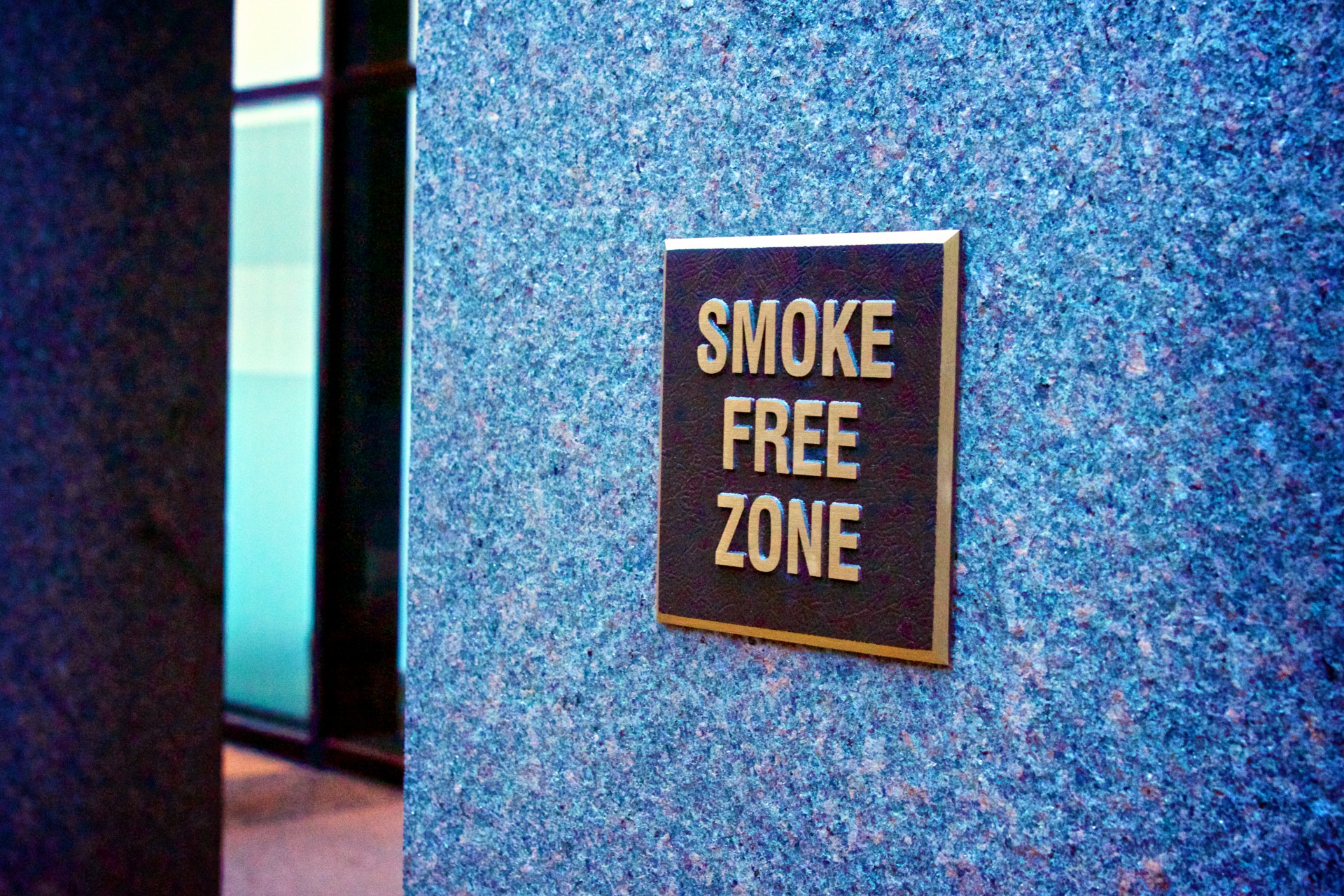Before it was announced that smokefree laws were being repealed, NZ ranked second in the Global Tobacco Industry Interference Index survey of 90 countries, which rates countries on their response to tobacco industry interference.
The smokefree law repeal stunned public health experts, who say the evidence is against the move.
The SMC asked an expert in unhealthy commodity industry influence to comment.
Professor Peter Adams, School of Population Health, University of Auckland, comments:
How does the tobacco industry influence politicians in New Zealand?
“With our tobacco rates dropping quite significantly over the last 10 years, our anti-smoking efforts have been a huge success, I think. The denicotinisation and the reduction in the number of outlets are a really important part of trying to move that almost to the endpoint of zero smoking. Public health experts didn’t really anticipate such a complete reversal on that plan at the moment. But from my point of view, it signals that tobacco industry relationship building has been quite successful.
“The trouble with studying these areas, the relationship forming part of things, is that it’s very hard to have concrete evidence of what’s going on and how those relationships are forming. And that’s been a big part of what we’ve been trying to do, is to begin to shed some light on the informal relationship building practices of industries.
“What isn’t happening is the industry trying to push their issues – what they’re trying to push is building comfortable relationships. A lot of the behaviour around gifting and donations and lobbying is aimed at forming collegial relationships, where there’s an understanding between the two parties in the form of a friendship, where both parties know what’s meant to happen, there doesn’t need to be any pressure involved. It’s a comfortable relationship that’s formed over a long period of time through multiple exposures and through different forms of ‘no pressure’ contact.
“I think we in public health are doing it wrong, because we think that if we can get hold of a politician and pressure them as much as possible, with our persuasion and our evidence, they will do things differently. But all that achieves is that the public health advocate will be seen as a screaming skull, who is not someone you want to go to dinner with.
“Tax and availability are the two big drivers for change. With alcohol and other unhealthy products, they’ve avoided doing that. So we haven’t seen a lot of change. But with tobacco, we have imposed tax and restricted availability, and had a really spectacular change in people’s engagement in the product. It highlights how important effective measures are, rather than just education and awareness. Now there’s talk about going back to the ineffective strategies of education and awareness, which is really worrying – but it also speaks to perhaps industry having a degree of increased influence.”
How has vaping changed the level of influence tobacco industries have?
“Up until vaping took off, the public health researchers and public health advocates were quite clear that there should be no industry links going on. It’s not like that with gambling and alcohol, but it’s been very clear with tobacco. So vaping has complicated that because it’s seen as a cessation tool, or seen as a much cleaner alternative.
“I must admit that I’m dubious about the long term with vaping because it’s still an addictive product, and people with addictions will consume much more. So the potential for profits is very high, which gives both the capacity and the incentive for industry to protect that patch.
“I think is a bit of a dangerous game that’s being played at the moment. Everyone’s starting to realise how potent addictive behavior is and how profits are kind of unlimited. Just as we saw with BZP and the spread of party pill shops very quickly when there was fairly liberal legislation. So it is a worry that the tobacco industry has moved back into the vaping space very strongly. They are going to be making long term, big profits that they can deploy into political influence strategies. All addictive consumption industries do this, but tobacco has really refined those strategies, they’ve been the largest group on the block for the longest. Even though more recently, in high income countries they’ve been less successful, they’re still pretty successful in low and middle income countries.”
No conflict of interest.
